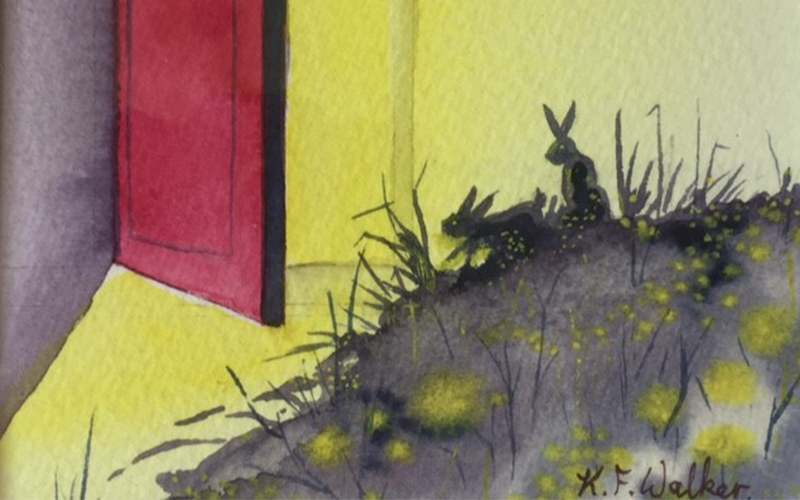The TV was producing an extra layer of mayhem, switched on because friends were appearing on the BBC 2 Sunday Morning Live Show.
Firstly, a showcase of the work of wonderful actress Sarah Gordy, who has Down’s syndrome.
We all competed to say, ‘Shhhhh!’ the loudest.
The conversation then shifted to the studio where a panel of experts were to discuss the implementation of the new Non-Invasive Prenatal Test which is being trialled throughout England at the moment.
This antenatal screening test is the subject of a Nuffield Council for Bioethics review.
It’s serious business, the ins and outs of which will have to wait for a subsequent column.
We saw parent Lynn Murray who was there to portray her lived experiences and to call for updated, unbiased information to be given to parents before being given time to make decisions which are right for them.
Portraying the medical model of disability was a consultant, and a Rabbi was on hand for a deeper spiritual insight.
Or so I thought.
This well-respected man, a theologian, clearly had very outdated ideas of Down’s syndrome.
I stood, frozen to the sport, mouth open.
Tears began to well.
Our eldest daughter started shouting at the TV, before crying too.
Our high-speed domestic ordinariness had been stopped in its tracks by words that stung.
They are loyal and happy when young children but when they grow up and have to go into a care institution, their parents will worry that they are not able to visit.
An adult cannot sustain itself.
A big burden.
A Downs.
It.
So many myths.
So many dehumanizing words.
And such a damaging attitude towards all members of our communities who need a little more support than others to live well and be heard.
The assumptions made by the Rabbi are shared by many of course, ignorant of the joys and the possibilities that accompany the challenges of parenting a child with Down’s syndrome.
Oddly, I didn’t immediately want to write in and tell him that Natty is more than a 2 dimensional musical and loving Down’s cutout.
That she has expert comedy timing, an intuitive sense of mischief, can swim like a fish, twerk like Rhianna and looks more like her own family than any other child with the same condition.
I didn’t think of telling him that plenty of adults with Down’s syndrome live independently with friends or a loved one with the right support.
Many have a job and a buzzing social life that he’d be envious of.
No, the word that stood out for me was, ‘burden’.
I wanted to educate him, tell him that painting one group of people in society as a useless load to be hauled along at the cost of the rest is very dangerous ground indeed.
History teaches us that it divides and creates resentment.
The Rabbi should have understood that more than most.
And while I wanted to remind him that we all need support from others and contribute to our communities in differing ways that cannot simply be measured financially, all I could think of was that it was this kind of mentality that led those with a learning disability to be the first victims of the holocaust.
The Rabbi should have known that too.
Yet here he was, on a national television debate giving the very kind of subjective misinformation that leads to inequalities, discrimination, segregation and even worse, hate crimes.
Currently as a society we are walking in a shaded area between respecting the reproductive rights of women and their choices whilst not coercing them in any way with loaded language and also respecting the rights and voices of those with a disability.
Sadly, the Rabbi’s words will have served to create more fear, stigma and division.
He should have known better than that.
Also on BBC 2, a documentary, headed by actor Sally Phillips, is due to air at the beginning of October, exploring the way in which the new screening tests are being delivered, the ethical issues around that and the possible effects on the Down’s syndrome community.
